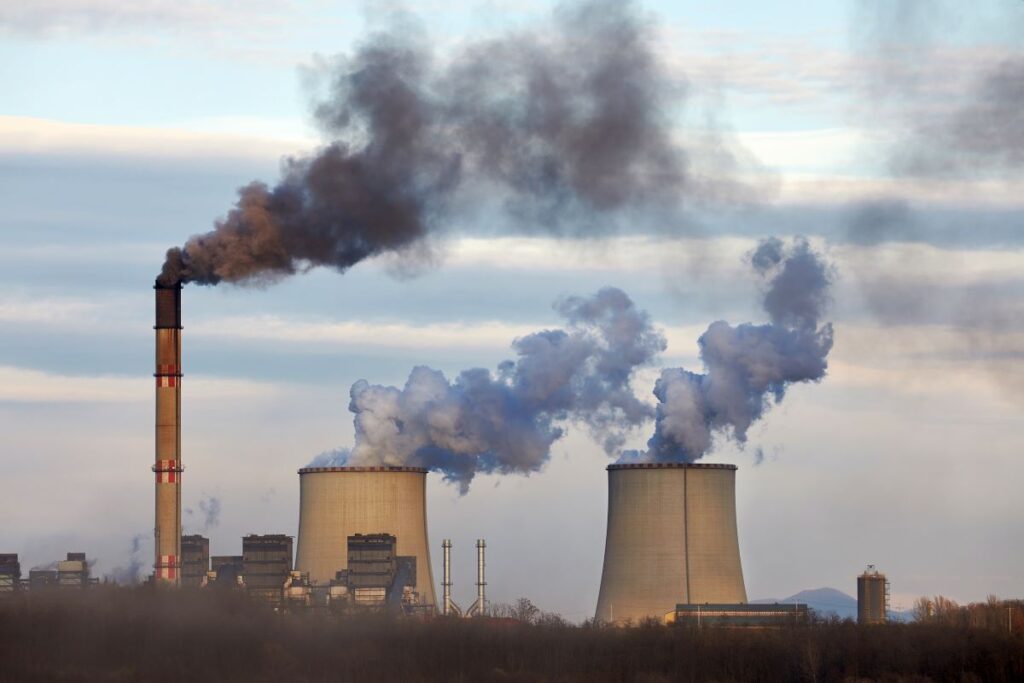Fossil fuels are a vital energy source, especially in today’s setting. This type of energy belongs to non-renewable resources. It is known to be the primary energy source for power generation, transportation, and industry worldwide.
Fossil fuels are really bad for the environment. Burning fossil fuels releases large amounts of greenhouse gasses such as carbon dioxide and methane. They can then contribute to climate change and air pollution.
In this blog, we will explore what fossil fuel is, its impact on the environment, and the controversy surrounding this resource.
Quick Navigation
- The Environmental Impact of Fossil Fuels
- Benefits Of Using Fossil Fuels
- Other Possible Alternatives To Fossil Fuel
- Hydroelectric Energy
- Balancing the Benefits and Risks
- Can Fossil Fuels Be Used Responsibly?
- Key Takeaways
The Environmental Impact of Fossil Fuels

Burning Fossil Fuels And Greenhouse Gas Emissions
Burning fossil fuels like coal, oil, and gas can emit hazardous chemicals and airborne pollutants.
These pollutants contain carbon dioxide, sulfur dioxide, and nitrogen oxides. Another effect is that polluted air may trigger allergies and asthma, worsen respiratory issues and potentially increase the risk of heart disease and cancer.
Aside from bringing health risks, these pollutants also contribute to climate change as they create a greenhouse process involving heat-trapping and planet-warming due to gasses.
Air pollution from burning fossil fuels can negatively affect the ecosystem and damage our health as humans. It can also contribute to smog, reduce visibility, destroy ecosystems, and endanger wildlife.
Experts worry about the effects of burning fossil fuels on air quality. They suggest that certain steps must be taken to reduce reliance on this energy source.
Fossil Fuel And Its Impact On Land And Water
Fossil fuel extraction and use have significant impacts on both land and water. For instance, the process of drilling to get oil and gas production, as well as surface mining to extract coal, can cause land damage.
It can disturb and damage the animals’ natural habitat around the area. At the same time, it can lead to deforestation and soil erosion.
In worse case scenarios, spills and leaks may happened during the process, which can lead to chemical spills and leaks, which then can result in water contamination that can harm us humans and animals, especially in the marine biodiversity.
Similarly, coal mining can also release pollutants into nearby water sources, contaminating drinking water.
Offshore oil drilling can lead to oil spills and other accidents that damage marine ecosystems and harm marine life.
Climate Change As An After-Math of Fossil Fuel
The drastic changes in weather patterns and usual season temperatures can be linked to climate change. Fossil fuel can trigger climate change in the long run as the burning of coal, oil, and gas continues.
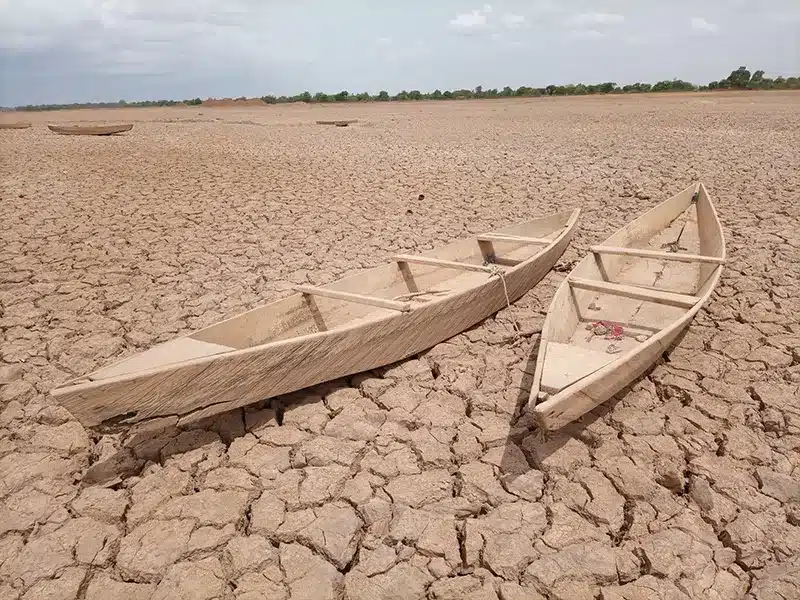
To in-depth discuss the process of fossil fuel contributing to the climate change dilemma, the burning process releases various greenhouse gas emissions.
One of these gasses is the commonly known as carbon dioxide. The other two well-known gasses are nitrous oxide released from farming operations and methane from factories and transportation.
The gasses will then stay in the atmosphere as it traps the heat from escaping. The build-up from decades of burning will then lead to the warming of our planet. That is why most of us observe the melting of glaciers and rampant forest fires.
As a result of the lack of trees and icebergs, the water level increases. And whenever typhoons and heavy rains come, no trees can absorb the water and hold the land leading to landslides and flash floods.
Benefits Of Using Fossil Fuels
Fossil fuels have been the cornerstone of modern industry and transportation for decades.
They have been integral in powering our economies and improving our standard of living. Here are some of the benefits of using fossil fuels:
1. It is a reliable and affordable energy source
It has been years already since the majority of people relied on fossil fuels as the main source of energy.
It has become the pillar of our transportation system and is less expensive to produce. As a result, many countries are mass-producing and consuming fossil fuels.
2. It has provided people with a lot of jobs
Due to the booming of the fossil fuel industry, various fossil fuel companies have been established in the name of the said resource.
Because of this, it has opened millions of jobs in different departments and sectors of society. It includes manufacturing, transportation, and industrial processes.
3. Fossil fuels contribute to economic growth

Fossil fuels have driven economic growth and development in many countries. They have helped power industries, transport goods, and people, and improve access to healthcare, education, and other essential services.
4. Fossil fuel is flexible and gives people energy security
Fossil fuels can generate electricity, heat homes, and buildings, power transportation, and provide energy for industry, making them a versatile energy source.
Many countries rely on fossil fuels for their energy needs, which can help to reduce their dependence on foreign energy sources and improve energy security.
5. It induces technological advancements
The demand for electricity and transportation has led to new technologies in fossil fuel production, pushing economic growth, sustainability, and environmental advantage.
Using fossil fuels has created a large market for energy and transportation, which has driven technological advancements across many sectors.
For example, the quest for more efficient engines has led to innovations and manufacturing processes that have improved engine efficiency while reducing environmental impact.
Other Possible Alternatives To Fossil Fuel
We are becoming more aware of our actions that affect the environment.
Therefore, it’s important for us to start looking for a cleaner, sustainable, and renewable energy source. Here are ten great alternatives to fossil fuels that we can explore:
Solar Energy
Earlier in the blog, we mentioned that one of the advantages of fossil fuel is its affordability. However, the main limitation of fossil fuel is its possibility of running out anytime soon.

Contrary to this is solar energy. We all know that, unlike fossil fuel, the sun provides limitless energy to heat Earth.
Although other parts of the world do not receive direct heat from sunlight, unlike those countries situated at the equator, it can still replace fossil fuel.
The International Energy Agency mentioned that these power sources could alleviate the problems regarding global climate change. The only high-cost part of solar energy equipment is its photovoltaic system.
Wind Energy
It is said that one of the cleanest forms of energy is wind energy. Like solar energy, wind energy does not contribute to greenhouse gasses in the environment.
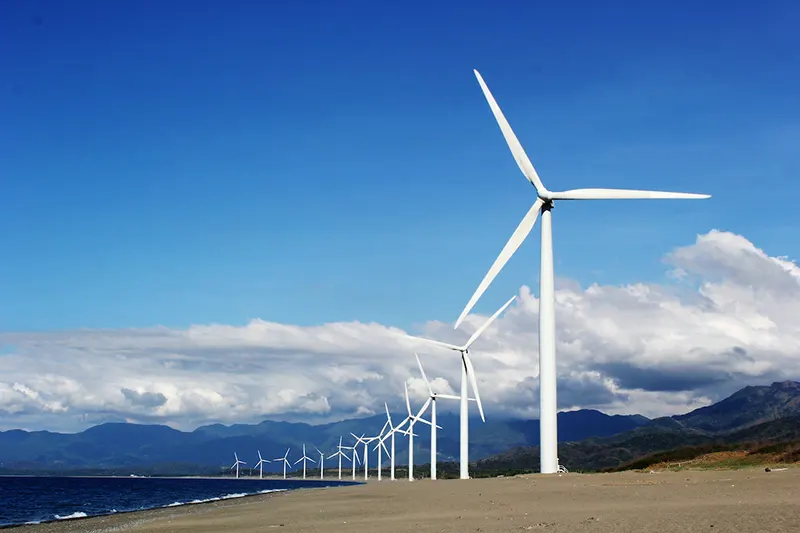
It can work hand-in-hand with solar energy since, according to experts, as long as the sun produces heat for our planet, there will be an endless supply of wind.
Wind energy technology can cater to the different needs of the market. For instance, there are turbines of various sizes. The target market can choose the size that can cater to their electricity needs.
Thus, the industry should devise ways to produce turbines that can generate more electricity, reduce maintenance, and operate quietly.
Hydroelectric Energy
In the U.S., hydropower energy has become mainstream as a substitute for fossil fuels. This move is done to avail the less environmentally damaging energy source.
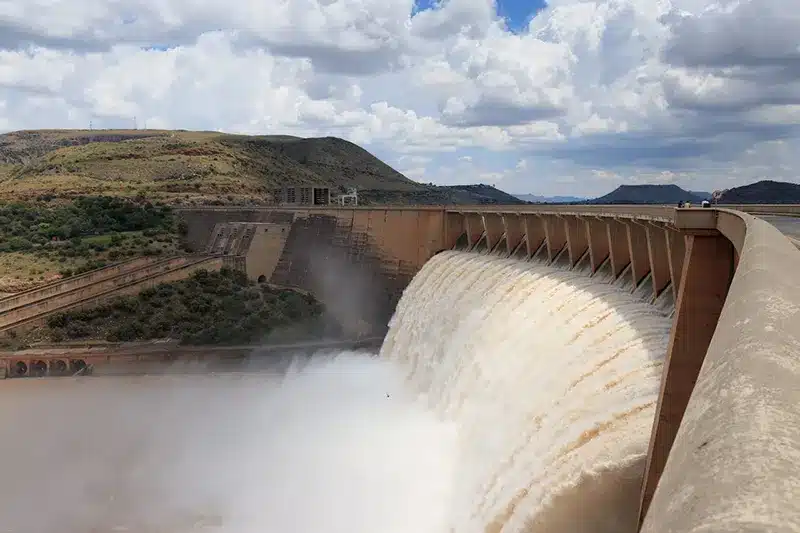
This carbon dioxide-free power source can be a great option in countries where water is very abundant.
The electricity is generated through a set of water turbines utilizing the water force to mobilize. It is closely similar to the process of a coal-powered plant.
However, the downside of installing hydropower facilities in bodies of water is the possibility of disrupting the wildlife in the area and the natural flow of the water.
There are many alternatives to fossil fuels, each with advantages and disadvantages. The shift towards cleaner energy sources is essential to reduce greenhouse gas emissions and limit global warming.
Other alternatives may include geothermal, biomass, tidal, wave, nuclear, hydrogen, and biofuel energy.
While some of these low-carbon energy and natural gas are still in the early stages of development, they can potentially be significant renewable energy sources in the future.
It’s up to governments, businesses, and individuals to support and invest in these alternative energy sources to create a more sustainable future.
Balancing the Benefits and Risks
The debate and concerns on climate change and environmental degradation are going on. Thus, analyzing the cost-benefit of utilizing fossil fuels in society is vital.
We should also explore the challenges of transitioning to alternative energy sources.
Here is the list of the beneficial characteristics of fossil fuels:
- Abundant and affordable
- Have helped power industries, transportation, and homes
- Have improved the standard of living of people across the globe
Significant challenges that go with fossil fuel production are as follows:
- The combustion of fossil fuels releases large amounts of greenhouse gases.
- It can cause habitat destruction, oil spills, and water pollution.
- It can have long-term effects on ecosystems and human health
- Fossil fuels are finite resources. They will eventually run out.
- Because of tight resource competition, this can lead to conflicts, wars, and political instability in several world regions.
People may face several challenges along with deciding to transition to alternative energy sources due to the desire to mitigate the negative impacts of fossil fuels on the earth. However, this transition poses several challenges:
- The alternatives are still relatively expensive compared to fossil fuels
- It can be difficult for developing countries to switch to alternative energy sources.
- Scaling up renewable energy infrastructure can be difficult due to limited resources and technological constraints.
While fossil fuels have played an important role in powering economic growth and development, their negative impacts on the environment and human health cannot be ignored.
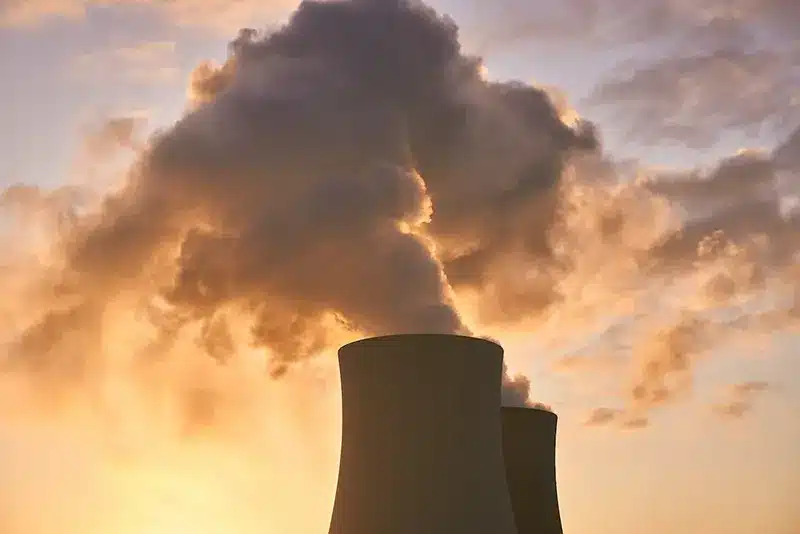
In 2018, the death of hundreds of millions (8.7 million deaths) globally were due to the air pollution caused by burning fossil fuels.
The challenges of transitioning to alternative energy sources are significant, but the benefits of doing so are crucial to ensure a sustainable future for generations to come.
We must use fossil fuels responsibly and accelerate the transition to a cleaner and more sustainable energy system.
Can Fossil Fuels Be Used Responsibly?
The responsible use of fossil fuels requires implementing regulations to reduce their adverse effects. One of the best solutions is carbon capture, usage, and storage (CCUS).
It refers to various technologies that can reduce carbon dioxide (CO2) emissions from significant point sources or remove already present CO2 from the atmosphere.
People can also promote the adoption of alternative energy sources to supplement the growing demand for energy.
However, we can try to gradually switch to renewable energy sources. By doing so, we can avoid the adverse impact of fossil fuels on most living beings.
Key Takeaways
It is commonly acknowledged that the continuous use of fossil fuels will have negative effects.
To lessen the effects of climate change and build a more sustainable future, we should consider transitioning toward cleaner, renewable energy sources.
Although the shift away from fossil fuels won’t be simple or quick, it is essential for the survival of our planet and the generations that follow.

